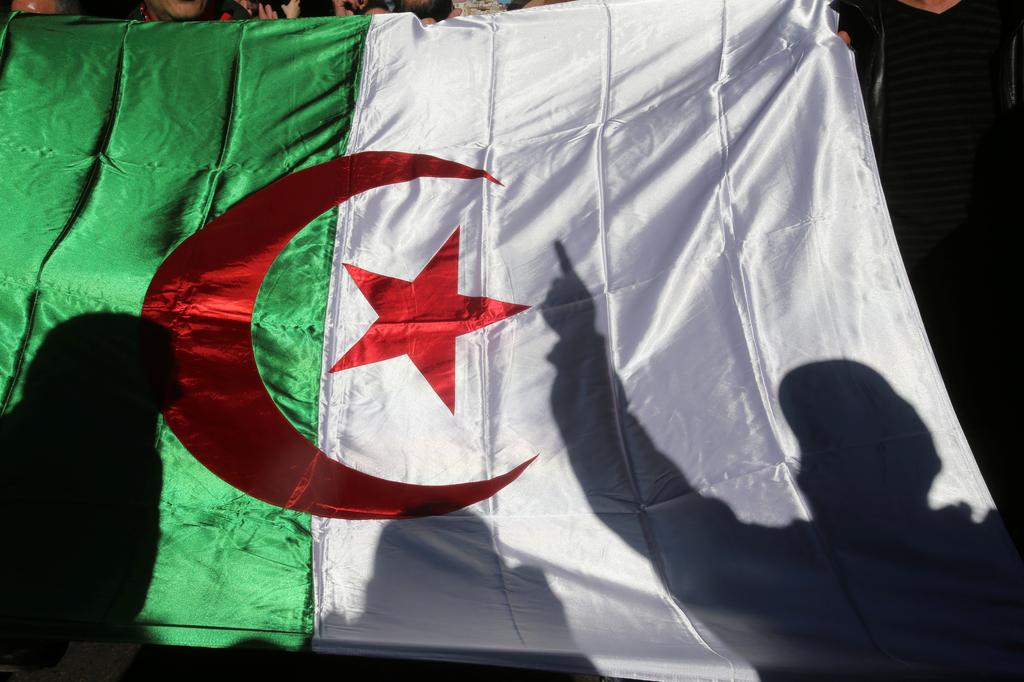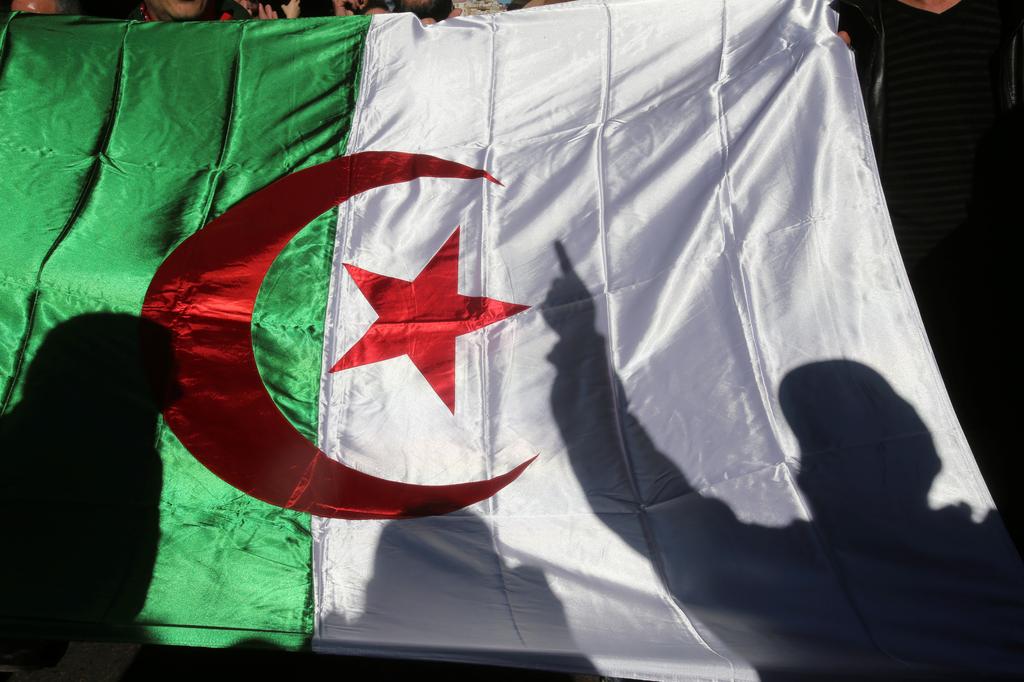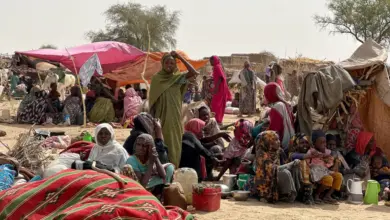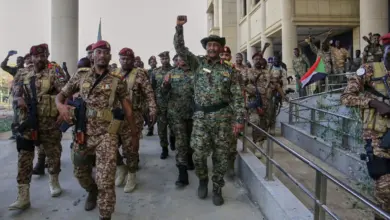
ALGIERS (Reuters) – Thousands of Algerian students protested on Tuesday, pressing their demands for wholesale change despite calls for a pause in their rallies after the sudden death of the country’s powerful army chief.
They chanted “No dialogue”, rejecting the new president’s offer of talks, and said they would continue protests that brought millions onto the streets early this year and tens of thousands in recent months.
The military chief of staff, lieutenant General Ahmed Gaed Salah, died of a heart attack on Monday, throwing Africa’s largest country, a major energy exporter, into further uncertainty 10 months into its political crisis.
The opposition protests, held each Tuesday and Friday since February, seek to bring down the ruling elite, push the military from its decades-old place as kingmaker in national politics and end corruption. The demonstrations have been peaceful, and the authorities have not responded with force.
“A civilian state not a military state” the protesters chanted at the rally on Tuesday.
However, Gaed Salah’s death, at a key moment in the crisis after this month’s disputed presidential election, had prompted debate among many protesters over whether they should press on with their weekly march or postpone it.
His funeral was originally planned for Tuesday, but has been put off to Wednesday. Though protesters demand the army’s withdrawal from politics, some had also applauded his mostly peaceful handling of their marches.
With no formal leadership or organization, the protest movement has demonstrated stamina in maintaining street pressure for more than 40 consecutive weeks, though it has sometimes struggled to respond nimbly to unfolding events.
In April, it scored its greatest success when Gaed Salah went on state television to urge his former ally, President Abdelaziz Bouteflika, to step down after 20 years.
Last week, the new president, Abdelmadjid Tebboune, was inaugurated following an election that the army had pushed for, but which the opposition had denounced as illegitimate so long as the old guard of rulers still held sway.
He immediately offered dialogue with the protesters, but though some urged the movement to accept his proposal, others denounced it and rejected Tebboune’s legitimacy as president.
“The vote was not fair and dialogue cannot be fair,” said Amari Farouk, a 20-year-old student at the protest.
Gaed Salah’s death now creates a new moment of decision for the opposition, as the protesters wait to see whether the Pouvoir — or “power”, as Algerians describe their secretive leaders — will change its strategy.
So far, the state has allowed the protests to continue, hoping to wear the demonstrators out while throwing them some concessions, including the arrest on corruption charges of Bouteflika’s allies.
Reporting By Lamine Chikhi, writing by Angus McDowall, editing by Larry King
Image: A demonstrator’s shadow is cast on a national flag during an anti-government rally in Algiers, Algeria December 24, 2019. REUTERS/Ramzi Boudina



